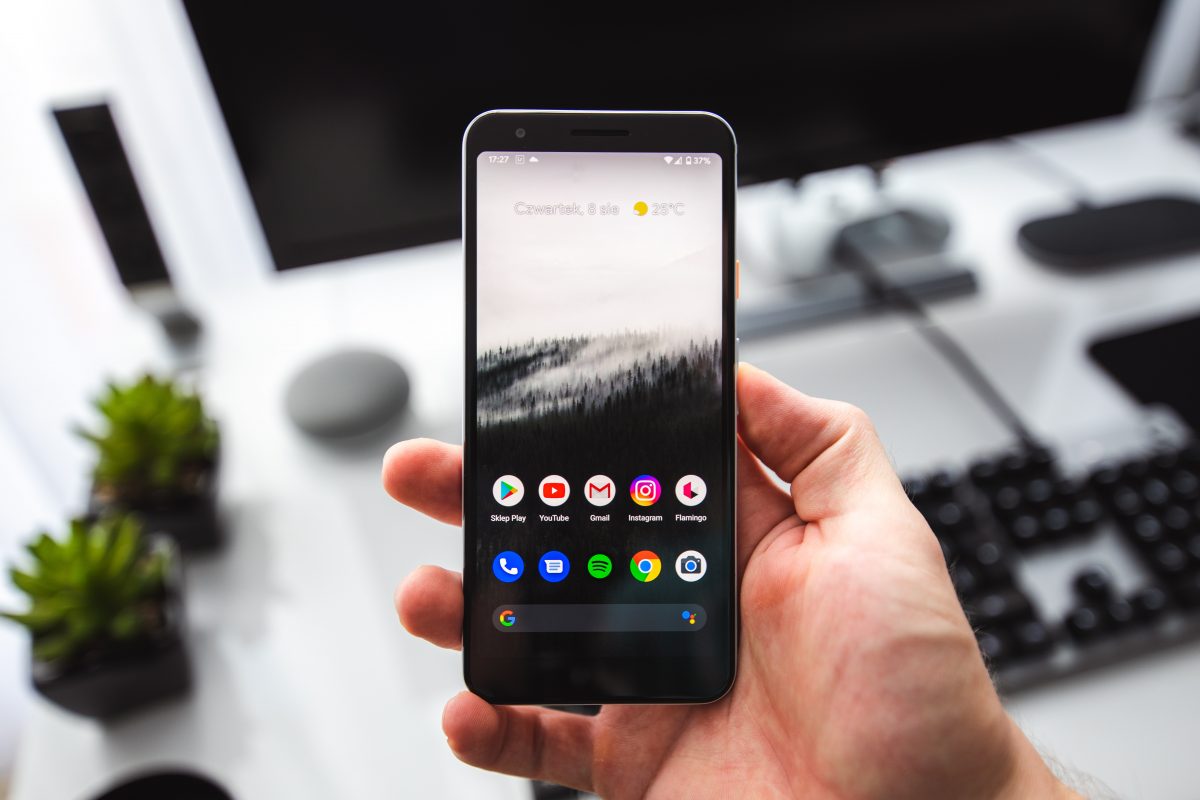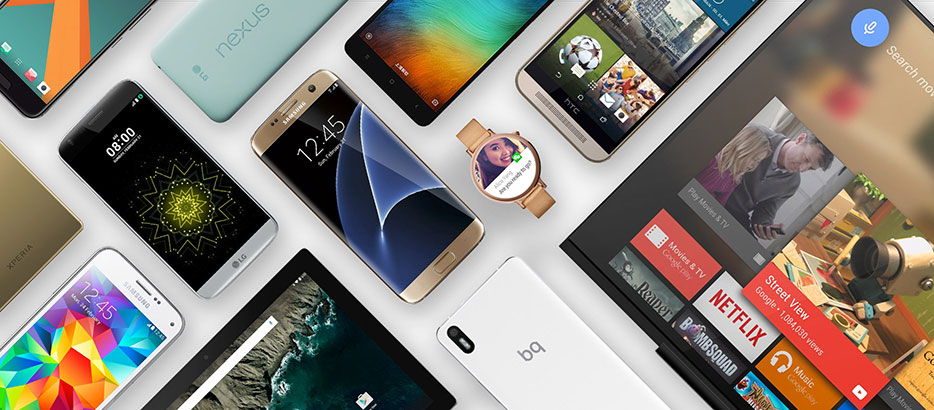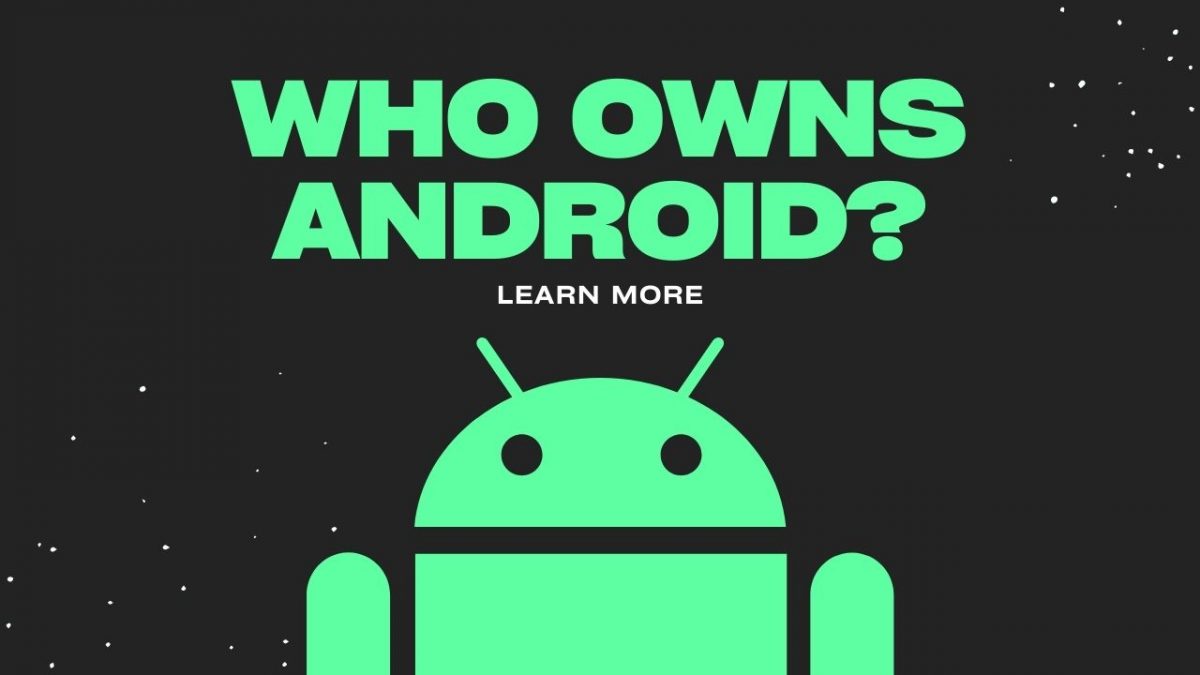Android has forever changed the way we interact with technology. From powering our smartphones and tablets to making digital dreams accessible for people around the globe, it’s no wonder that so many of us rely on Android in one form or another each day. But who owns this revolutionary Android operating system? In this article, you’ll get an inside look at everything there is to know about Android – from its fascinating history and innovative features to learning which entity ultimately holds ownership over these incredible advances in modern tech!
Key Takeaways:
- Android has changed the way we interact with technology and is now the world’s most dominant mobile operating system.
- Google has owned the Android Operating System since its acquisition in 2005, allowing them to shape user experience and products like Google Play Services.
- Android is an open-source platform filled with a variety of features, such as customizability, multitasking, third-party app support, and security updates.
Inside This Article
- History of the Android Platform
- Who Owns Android?
- What Is the Open Handset Alliance?
- Key Features of the Android Operating System
- What Is Google Play Services
- Android Versions
- What Are Some Android Devices?
- Competition in the Android Market
- Future of Android
- Security Concerns and Solutions
- FAQs
- Conclusion
History of the Android Platform
Android has drastically changed the digital landscape since its inception by a small team of dedicated programmers in 2003. Fast forward to today, and it is now the world’s most dominant mobile operating system with over 2.5 billion users! Its remarkable success story began when Google purchased Android Inc., which had funded its initial development out of Palo Alto, California; an acquisition that ultimately made history by transforming how people interact with their devices worldwide.
Who Owns Android?
Google owns and has been the driving force behind the development of one of today’s most widely used mobile operating systems: Android OS. Since acquiring it in 2005, the company has enjoyed a tremendous amount of power. They are able to control and shape both how users interact with devices using this software as well as products like Google Play Services that offer an expansive suite of features for developers building amazing apps on top of it. As such, billions around the world benefit from access to the convenient user experience enabled by a leading tech giant overseeing their favorite platform!
What Is Android Operating System?
Android Operating System is a revolutionary open-source mobile operating system allowing for user interaction and customization on smartphones, tablets, and other devices. Its popularity amongst device manufacturers can be attributed to its versatility in supporting a variety of third-party apps from the Google Play Store — turning it into one of today’s most preferred choices.
What Is Android Open-Source Project?
Google launched the Android Open-Source Project (AOSP) which brings together developers from all over the globe in pursuit of an exciting mission: to create a world where customizable versions of the Android operating system become available for everyone. From code contributions to bug reports, AOSP is breaking boundaries with its collective vision and ambition.
What Is the Open Handset Alliance?
On November 5, 2007, Google announced the formation of the Open Handset Alliance, a group of mobile device manufacturers, software companies, and wireless service providers dedicated to promoting the Android operating system. The founding members of the alliance included Google, T-Mobile, HTC, Qualcomm, Motorola, and several other technology companies.
An alliance of tech giants joined forces to make the mobile world more accessible and diverse. By curbing licensing fees and loosening restrictions for developers, they created a platform that has enabled Android to become an influential player in the industry. Subsequently, this groundbreaking collaboration continues to evolve today with new members joining on all sides.
Key Features of the Android Operating System

Android OS is more than just a popular choice for users of mobile devices and device manufacturers – it’s packed with features that make it stand out! Here are some:
- Customizability: Android OS allows you to customize your Android phones including widgets, wallpapers, and themes.
- Multitasking: Users can run multiple apps simultaneously, making it easy to switch between them.
- Google Play Store: The Play Store is the largest app store in the world, offering millions of Android apps and games for download.
- Google Assistant: A virtual assistant that helps users perform tasks using voice commands.
- Google Maps: A popular mapping and navigation app that helps users find their way around.
- Security: Android OS provides multiple layers of security, including encryption, app sandboxing, and frequent security updates.
- Compatibility: Android is designed to work on a wide range of devices, from low-end budget smartphones to high-end flagship devices.
- Google services integration: Android seamlessly integrates with various Google services such as Gmail, Google Drive, and Google Photos.
- Notifications: Android operating system provides a comprehensive notification system, allowing users to receive alerts and messages from apps.
- Accessibility: Android has built-in accessibility features to assist users with disabilities, including screen readers and closed captioning.
What Is Google Play Services
Google Play Services is more than just an application – it’s a necessary support system for Android users. Whether you need to authenticate your device, access location services, or utilize any of the other handy features such as cloud messaging and integrated Google Maps, this invaluable platform keeps things running smoothly behind the scenes. Regular updates further secure their place in our devices – after all: no one wants their phone crashing when they’re trying to get directions! With technology advancing every day, these types of applications are becoming increasingly important; ensuring that we can enjoy mobile life with fewer hiccups along the way.
Android Versions
Since 2008, Google has consistently kept its Android Operating System fresh and up-to-date with new versions. Starting with Cupcake and gradually working their way through the alphabet of desserts – Donut to Pie – each version offers users a host of updated features, performance improvements, and security enhancements for an even more enjoyable mobile experience!

What Are Some Android Devices?
An Android device is any electronic device that runs on the Android operating system. This includes smartphones, tablets, smartwatches, TVs, and even cars. Android devices are known for their versatility, as the open-source OS allows for easy customization and compatibility with a wide range of apps and devices. Popular smartphone manufacturers such as Samsung, LG, and HTC dream use Android OS in their devices. Additionally, Google also offers its line of Android devices such as Pixel smartphones and tablets. Overall, Android devices have become an essential part of modern-day life, providing access to communication, entertainment, and productivity tools at our fingertips.
Competition in the Android Market
Android is a dominant force in the mobile world, commanding almost three-quarters of the market share. It has held off strong competition from Apple’s iOS and Microsoft’s Windows Mobile with its open platform that offers an unparalleled choice for users across an array of devices. With such impressive reach, it comes as no surprise why the industry looks to Google’s flagship OS as the leader of modern mobility.
Future of Android
Google is determined to further enhance user experience with the Android OS. Through tireless work, they have been strengthening security and privacy functions, perfecting compatibility for foldable devices, and upgrading 5G technology support – all in an effort to guarantee seamless integration of their product into our lives!
Security Concerns and Solutions
Google takes the security of Android users seriously and has rolled out several protective measures to ensure their data is safe. Regular updates, Play Protect scans for malicious apps, and biometric authentication are just some of the features that have been added by Google to combat malware threats and improve user privacy.
FAQs
Conclusion
Android revolutionized the way we use technology and has become the number one mobile operating system in the world. Its open-source platform allows developers to customize, innovate and experiment with new features. Owned by Google yet still adhering to an Open Source Project concept, it has faced competition from other OSs but is continuing its reign as the top dog of today’s digital age.

